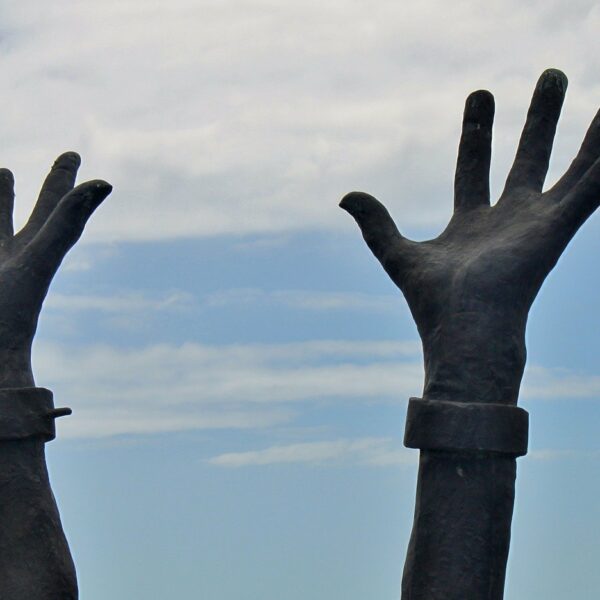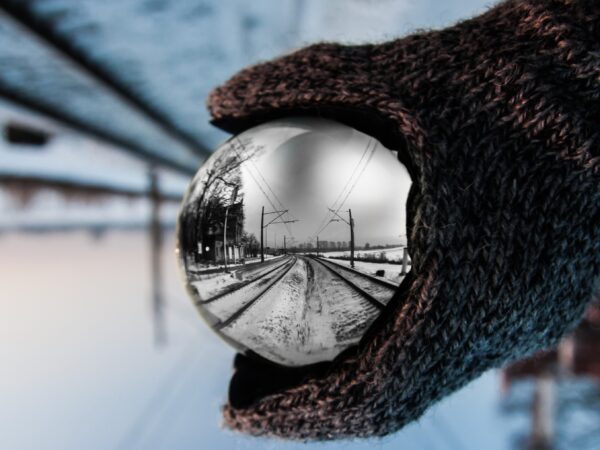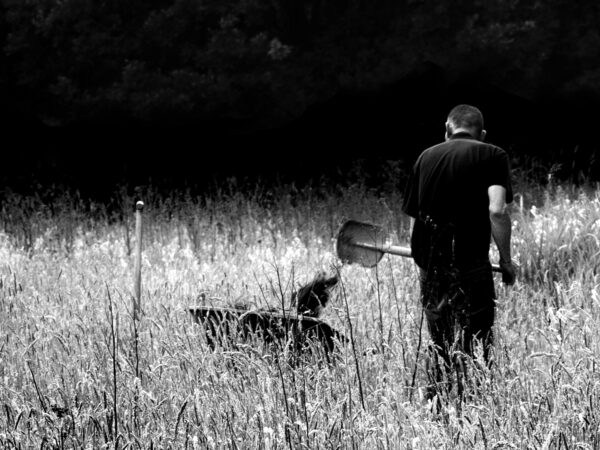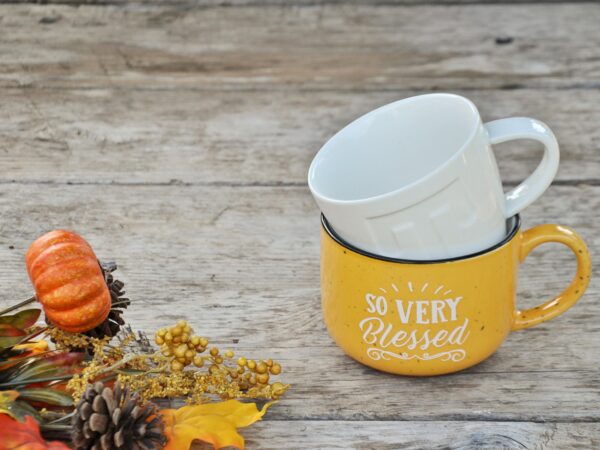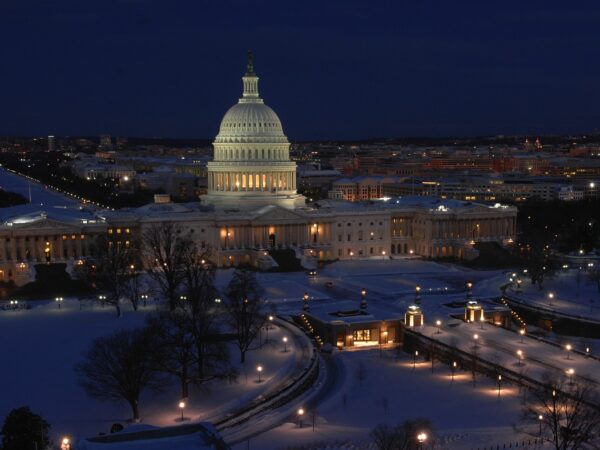
Listening and responding is a blueprint for us all: it’s amazing and wise to discern God’s leading in the context of community.

Our reception of Genesis 1:3 emphasizes the inherent power of God’s word, not only to improve lives but also to change (and create!) new structures. Just as God once brought order from chaos, God can do so again.
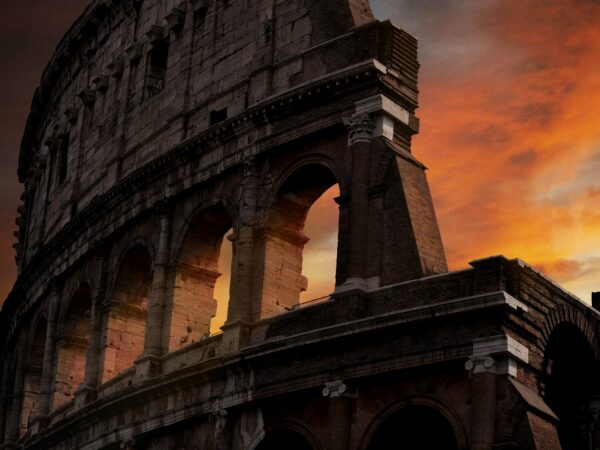
In the face of systemic injustice, it is difficult to hold space for a desire for peace and the knowledge that empires usually outlast the people who protest against them. While it may be tempting to shut down at feelings of powerlessness, the Magnificat gives us another option. We can be like Mary and the generations before her, singing and hoping and praying for change.

The author of 2 Peter maintains that in order to wait well one must place trust in God and God’s promises (3:13). What sets a follower of Christ apart in the communities to which this epistle is addressed is that they do not act according to their own interests, or even their own timeline, but rather, in accordance with the promise of God.

Perhaps the tension between honest reading and creative liberatory “misinterpretation” should not be solved at all but rather retained as an unsettling force in our work.
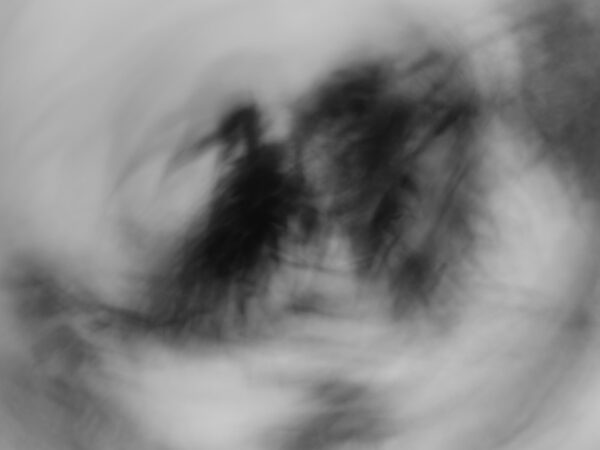
Those who commit dehumanizing acts of violence—whether through physical harm, abusive exploitation, or benign neglect—themselves become debased and subhuman, even as they sit in positions of power. Indeed, Micah puts this in sharp relief … where he depicts the corrupt “leaders and rulers” as ravenous animals who cannibalize those who the Lord has placed in their care.
